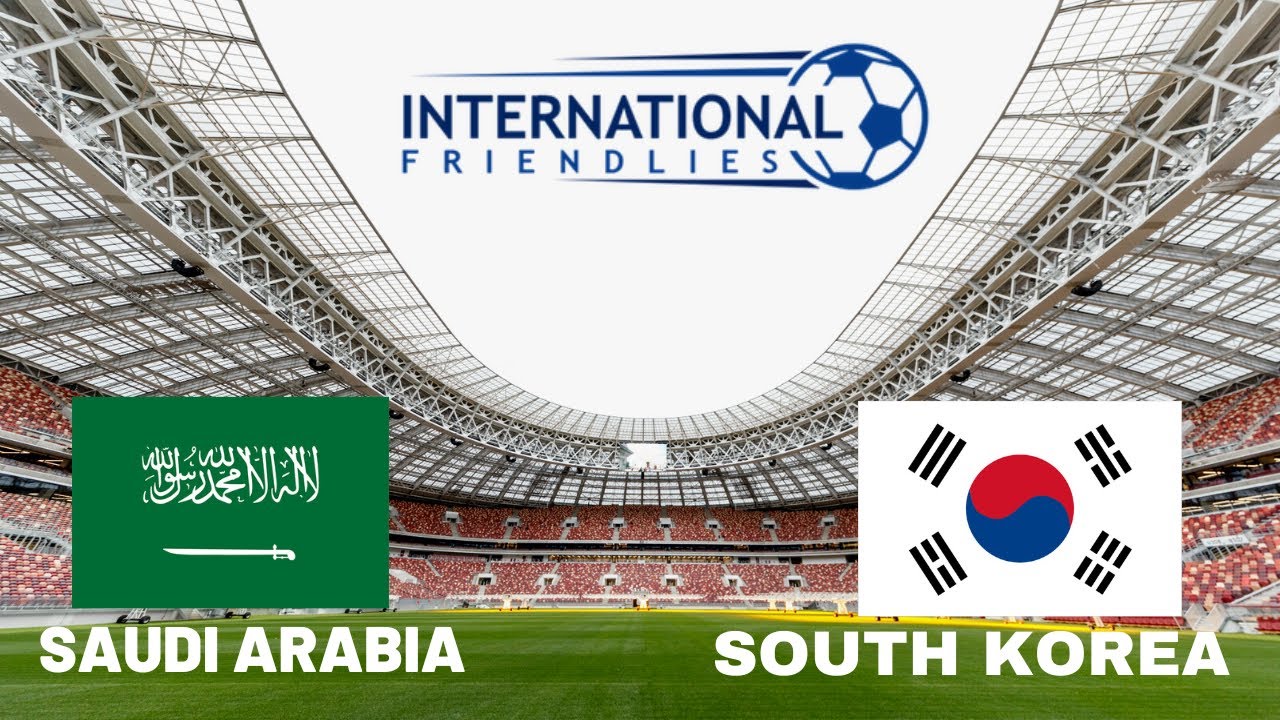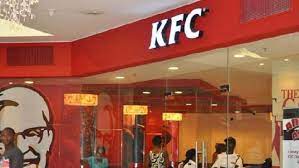Foreign News
Saudi fast food giant ready to challenge KFC in Egyptian market
The introduction of Saudi fast food chain Albaik to Egypt is part of the $7.7 billion investment package announced during the recent visit of Saudi Crown Prince Mohammed bin Salman to Cairo.

CAIRO — Saudi food brand Albaik has unveiled a plan to debut in the Egyptian market, capitalizing on a thriving fast food business in the populous Arab country and opening the door for speculation about whether it plans to overtake the fast food and fried chicken market in the country.
The plan was announced during the latest visit to Cairo by Saudi Crown Prince Mohammed bin Salman.
It was part of a package of Saudi investments of $7.7 billion that will be distributed across a large number of sectors in Egypt, including renewables, pharmaceuticals and e-commerce.
Albaik, Saudi Arabia’s leading fried chicken brand, which has over 120 branches in Saudi Arabia, the United Arab Emirates (UAE) and Bahrain, will partner with Saudi-listed food manufacturer Halwani Bros. Co. in implementing the plan.
It will cost the two sides 1 billion Egyptian pounds (roughly $53 million) to execute it in the coming months.
Egyptians have welcomed the announcement, which has aroused memories of the Saudi fast food chain for those who had previously lived and worked in the kingdom.
Millions of Egyptians travel to this oil-rich Gulf country for work, a trend that started with the oil boom in the 1970s and continues until the present.
Joining the euphoric reception of news about the possible introduction of Albaik products in Egypt was a group of people who cheered potential competition to American fast food chain Kentucky Fried Chicken (KFC), which has been dominating the local market for many decades now.
With dozens of outlets in Egypt, KFC was uncontested until recently, with some local brands appearing and offering consumers similar repasts to munch, and capitalizing on the growing fast food business in a country whose population keeps growing and spending on food keeps rising.
This gleeful reception of the news is turning debates among ordinary people about the declared Saudi investment into a cultural debate with fried chicken at its heart.
This cultural debate, observers say, is also fanned by a growing anti-American sentiment in a country that has been central to major regional developments involving American policies.
“Reactions to this issue reflect the diversity of commercial interests, experiences and also divergent political biases,” Middle East affairs specialist Said Sadek told Al-Monitor. “Some people have politicized the whole thing.”
However, for the Saudis this is an investment decision aimed at business expansion and profit. Egypt, economists say, is an ideal market for both.
With a population of 103 million, Egypt has a huge market, the largest in the Arab Middle East.
Egyptians spend the largest chunk of their income on food, an item that is beating all other requirements for Egyptian families, according to studies about consumption trends in the country.
This is probably why dozens — and even hundreds of suppliers — race against each other to get a satisfactory share of the market, especially with the fast food market growing rapidly across Egypt.
“This is part of the overall growth of the national economy, especially the growth of the production sector,” Walid Gaballah, researcher at think tank Egyptian Society for Political Economy, Survey and Legislation, told Al-Monitor. “However, the same growth means that newcomers to the market will face fierce competition.”
Nevertheless, whether this is a good time for the entry of new players into the fast food market in Egypt is a question difficult to answer.
Egypt has been hit hard by the Russian war on Ukraine, an international development that is causing a sharp rise in consumer inflation.
This inflation is driven by the dramatic rise happening mainly in the price of food.
Food import-dependent Egypt has to pay more for its imports, including wheat, coughing up billions of dollars in additional funds for these goods.
The government will pay $1.1 billion in additional funds every year due to the rise in wheat prices in the international market, according to government officials.
Egypt produces 11 million tons of wheat every year and consumes around 22 million tons of the cereal.
But wheat is only one item in a long inventory of imports whose prices are rising because of the war in Ukraine, and consequently costing the state budget more funds.
These dismal economic realities and rising inflation are opening the door for stagnation, one that might negatively affect the fast food business in the coming period, economists say.
“These conditions will undoubtedly affect market activities and nobody will be immune from them,” Kareem al-Omda, economics professor at Cairo University, told Al-Monitor. “This also raises questions about whether people will stop dining out.”
The new Saudi investment compounds other investments by the oil-rich kingdom in Egypt.
Saudi Arabia’s investments in Egypt amount to $32 billion, and around 6,800 Saudi firms are operating in the Egyptian market.
Saudi companies are active in the industrial, construction, tourist, financial services and agricultural sectors.
The new investment drive, unveiled during Mohamed’s latest visit to Cairo, is partly driven by financial surpluses in oil-producing states, ones induced by the steady rise in oil prices in the international market against the backdrop of the war in Ukraine and the resultant energy crisis.
It is also part of attempts by Arab states to come to Egypt’s rescue, especially after the flight from the populous Arab country of billions of dollars in foreign assets in recent months.
Other Gulf states, including the UAE, are following in Saudi Arabia’s footsteps, pledging billions of dollars in investments to Egypt.
Saudi and Arab investments, economists say, boost confidence in the Egyptian market at a critical time.
“These investments reflect good market conditions because the companies coming to invest here must have made proper studies about this market,” Ahmed Diab, member of the Economic Committee in the House of Deputies (lower chamber of parliament), told Al-Monitor. “They also open the door for the attraction of other investments from other countries.”





